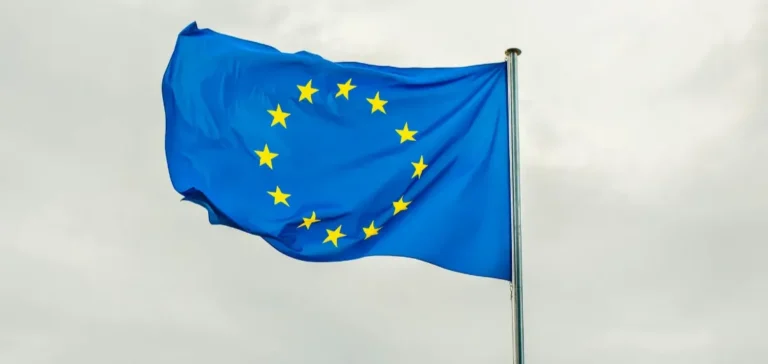The General Court of the European Union has confirmed the legality of including certain nuclear and gas-related activities in the green taxonomy, thereby rejecting the appeal filed by Austria against the European Commission. This decision strengthens the legal status of nuclear energy within the bloc’s sustainable investment policies.
A delegation governed by European regulation
Adopted in 2020, the Taxonomy Regulation establishes a framework for directing financial flows towards activities considered sustainable. Under this framework, an economic activity can be classified as sustainable if it contributes substantially to at least one environmental objective, without significantly harming any others, and meets strict technical criteria defined by the European Commission.
In February 2022, the Commission adopted a delegated regulation that included certain nuclear and natural gas activities in this classification, based on their potential to contribute to climate change mitigation or adaptation. The European Parliament approved the text in August of the same year, allowing it to come into force in January 2023.
Austrian arguments rejected by the Court
Austria brought the case to the European judiciary in October 2022, contesting the decision and claiming that including nuclear and gas contradicted sustainability goals. The Court dismissed this argument, ruling that the Commission did not exceed the powers granted to it by the European legislator.
In its decision, the Court noted that nuclear energy production emits low levels of greenhouse gases and that there are currently no technologically and economically viable large-scale low-carbon alternatives capable of ensuring continuous energy supply. It also stated that the risks associated with nuclear accidents and radioactive waste were adequately considered in the evaluation process.
Gradual approach and supply security
The Court added that activities in the nuclear and fossil gas sectors can, under certain conditions, contribute to climate objectives. It endorsed the 2022 delegated regulation’s phased approach, focused on stepwise greenhouse gas emission reductions while ensuring energy supply security.
Austria may still appeal. The country has two months and ten days to submit a request to the Court of Justice of the European Union, the EU’s highest judicial body.






















